In a world that is more aware of the environmental and ethical issues of our dietary choices, reducetarianism is becoming more and more popular.
It’s a shift from a more traditional meat and potatoes kind of way of looking at a meal to a more flexible and inclusive meal plan.
Reducetarianism encourages individuals to reduce their consumption of animal products, including dairy items.
Let’s dive into the details and benefits of reducetarianism and how it impacts our health and the world around us.
Understanding Reducetarianism
The simplest way to understand this is to realize that it is just a simple yet powerful idea that small changes in your dietary habits can lead to significant positive outcomes for both you and the planet.
This is not about being perfect. It’s about a slow change in your diet. It doesn’t matter if your reason for this change is for health, environmental concerns, or ethical considerations. Every reduction counts.
Transitioning to a fully plant-based, vegetarian, or vegan diet may not be something that you are interested in doing.
| Disclosure: Please note this post may contain affiliate links. There is no additional cost to you – we earn a commission if you purchase using our links. We only link to products and companies we use and recommend.
Health Benefits of Reducetarianism
Research has constantly shown that diets rich in fruits, vegetables, whole grains, and plant-based proteins are associated with lowering risks of chronic diseases like heart disease, diabetes, and certain types of cancer.
Plants, fruits, whole grains, and plant-based proteins are rich in vitamins, minerals, fiber, and antioxidants. These things can improve their overall health and well-being.

Environmental Impact of Reducetarianism
The production of animal products, particularly meat and dairy, has been associated with significant environmental consequences.
These include deforestation, water pollution, and greenhouse gas emissions. By reducing the demand for animal products, reducetarians can help them understand the environmental impact of food production.
Livestock is one of the most significant contributors to greenhouse gas emissions worldwide.
The reduction of eating animal products can help reduce the carbon footprint associated with food production and help with combating climate change.
By reducing the consumption of animal products, you can reduce the vast amounts of land, water, and feed to produce meat and dairy products.
Plant-based foods are generally more efficient and sustainable to produce.
Ethical Considerations of Reducetarianism
A lot of people might want to practice reducetarianism because of their concern for animal welfare and factory farming.
By reducing the demand for animal products, reducetarians can help promote more compassionate and sustainable agricultural practices.
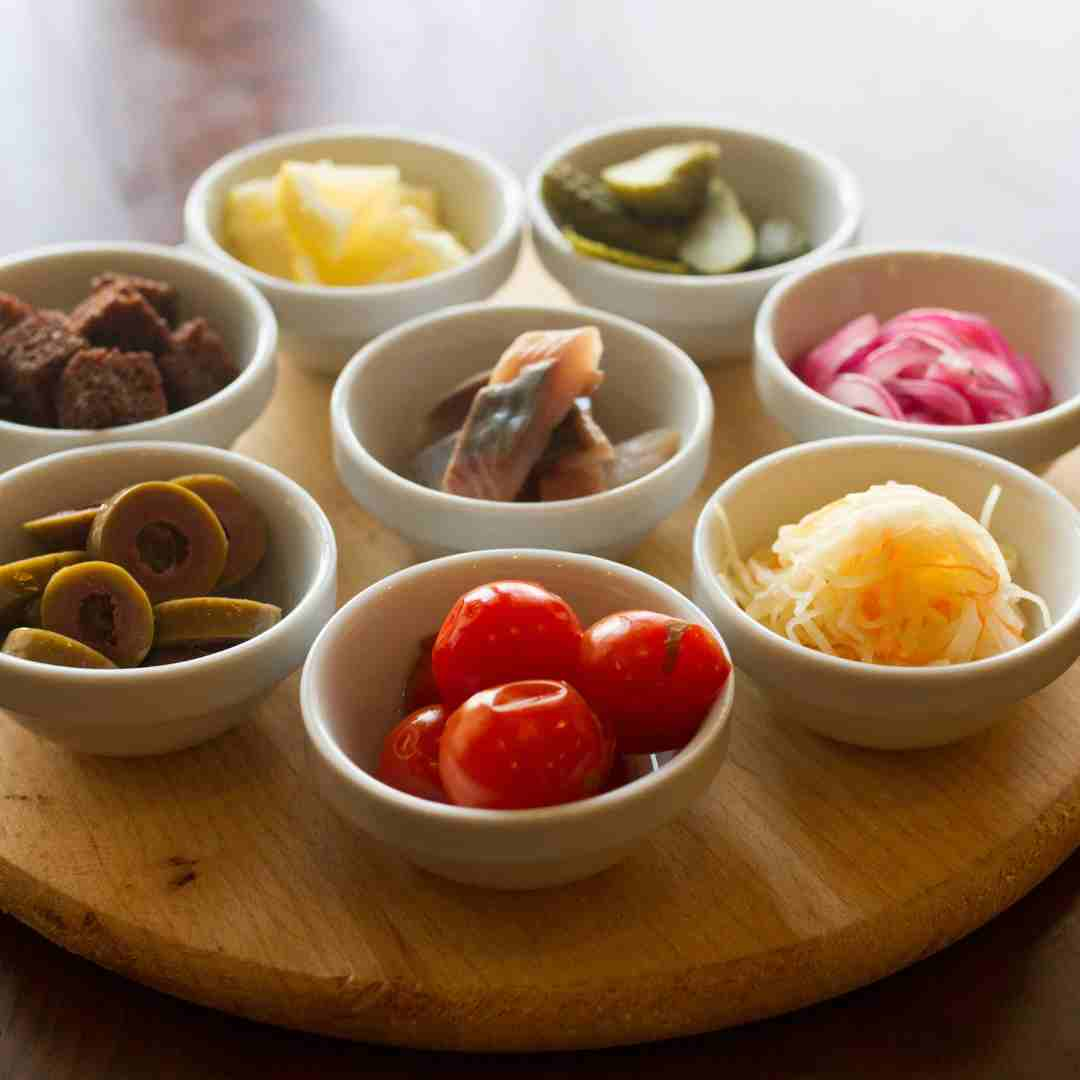
Flexibility of Reducetarianism
Unlike strict vegetarian or vegan diets, reducetarianism is much more flexible.
Including some animal products and more plant-based items in your life makes a reducetarian have a more rounded diet.
There is no need to stick to restrictive dietary rules. This gives a person more time to focus on making gradual and sustainable changes to their eating habits.
Practical Tips for Reducetarian Living
Start gradually – Begin by making small changes to your diet, such as just adding more plant-based meals into your weekly rotation. Even adding some plant-based alternatives instead of animal products.
Focus on whole foods – Look for minimally processed foods such as fruits, vegetables, whole grains, legumes, nuts, and seeds. There are a lot of meat alternatives on the market nowadays, which helps with the transition.
Experiment with plant-based cooking – Explore new recipes and cooking techniques that feature plant-based ingredients. This will help you to discover new and innovative products.
Portion sizes matter – Pay attention to your portion sizes and aim to fill your plate with a variety of colorful fruits, vegetables, and plant-based proteins. This can help ensure that you receive all the nutrients you need.
Read labels – When you are shopping for packaged foods, make sure you read the label to see if there are any hidden animal ingredients. Always look for plant-based alternatives to common animal products like milk, cheese, and eggs.
Connect with others – It’s fun to join online communities or local groups of people who share your interest in reducetarianism. Connecting with others can help with support, inspiration, and resources for living this lifestyle.
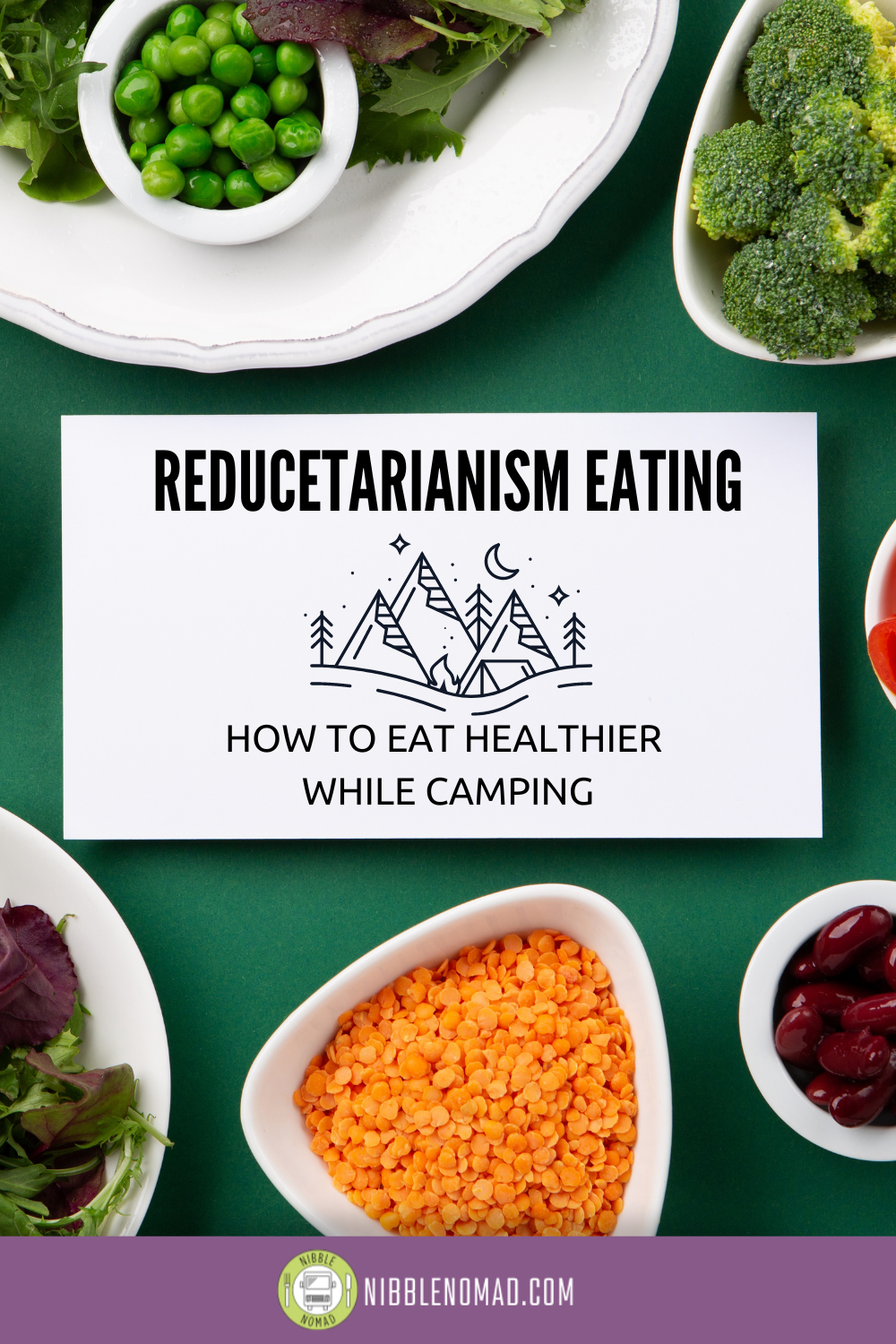
Reducetarians while camping
Meal planning – When you are planning your meals for a camping trip, it’s often easier to prepare and store plant-based items with less refrigeration than animal products. Meals around grains, fruits, and vegetables can be nutritious, satisfying, and easy to keep fresh.
Plant-based protein sources – Instead of relying only on animal products for protein, try some tofu, tempeh, beans, lentils, and nuts. These items are lightweight, shelf-stable, and versatile, making them really an excellent option for small storage and cooking areas while camping.
Reduced food waste – When packing for a camping trip, reducetarians can plan meals to avoid overbuying and bringing perishable items that may spoil quickly.
Snacking – Instead of relying on packaged snacks that most likely have some animal products in them, you can make your own energy bars or trail mix that provide essential nutrients and energy for outdoor activities.
Community and sharing – Camping often has potlucks and shared cooking opportunities. You can use these times to introduce your friends and fellow campers to delicious plant-based dishes and show them the benefits of reducing meat and dairy consumption. This can help give your friends a chance to look into plant-based foods much more easily.
Finally
By making small but meaningful changes to your eating habits you can improve your health, and promote ethical food production.
This way of eating celebrates progress over perfection. You don’t have to be perfect.
Whether it is for health, environmental concerns, or ethical considerations, practicing reducetarianism gives people a positive impact on their own well-being.
Nibbler Tip: Remember that it is easier to consider changing to a reducetarian lifestyle if you start slowly and incorporate more and more plant-based options over time.
Related Post
AMAZON DISCLOSURE: This website participates in the Amazon Services LLC Associates Program, an affiliate advertising program designed to provide a means for us to earn fees by linking to Amazon.com and affiliated sites.
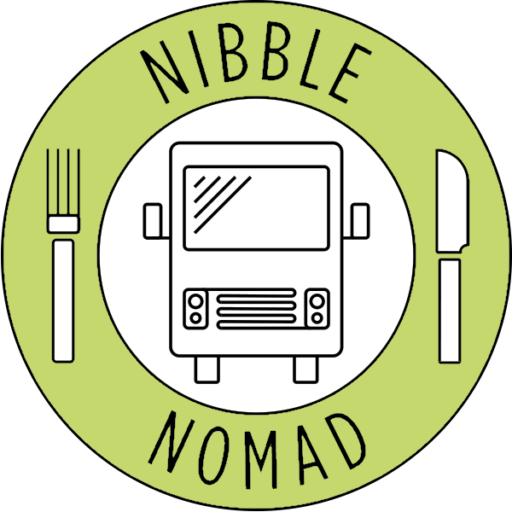
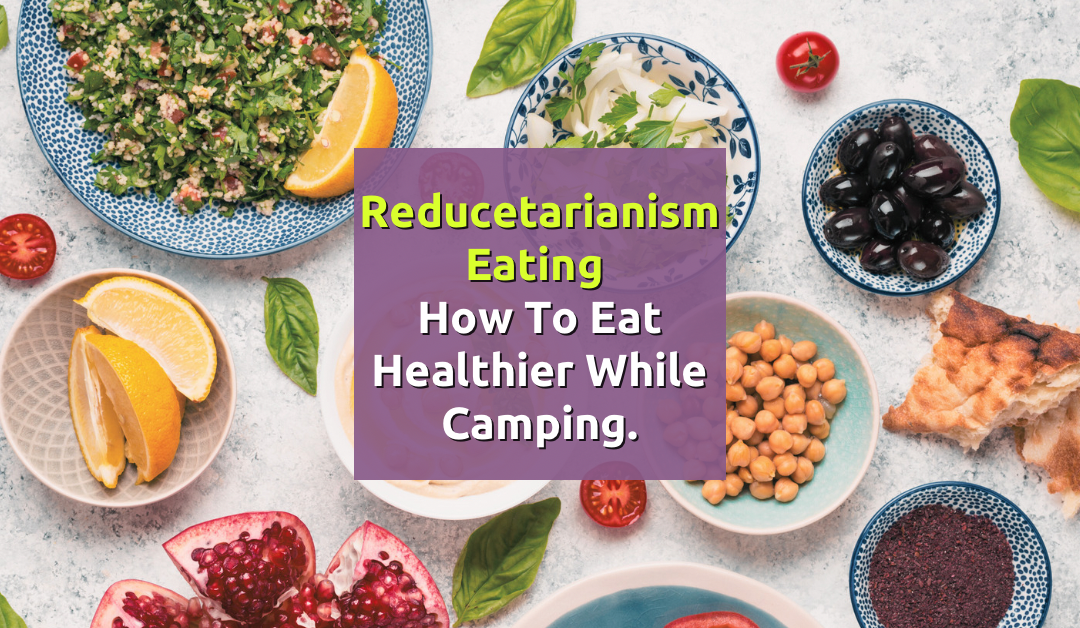




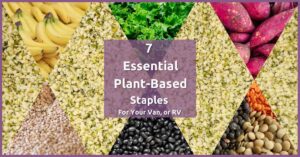

To save the “planet” we must follow what the BILLIONS of people in China and India are doing, because without them doing these things, we’re wasting our time. Eat healthy food to help yourself and don’t worry about saving the planet, we’re just minor players in the planet’s welfare. At least they don’t eat beef in India!😂